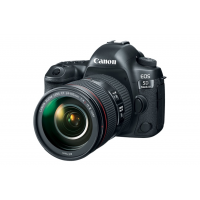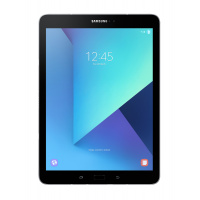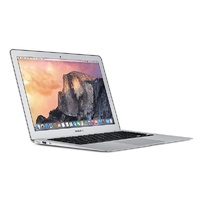Sort:
The average pro reviews rating is 8.5 / 10, based on the 15 reviews.
How we do it
We humanly agregate professional reviews from a number of high quality sites. This way, we are giving you a quick way to see the average rating and save you the need to search the reviews on your own. You want to share a professional review you like?
































techPowerUp!‘s review Edit Like Unlike
Aug 13, 2013
HEXUS‘s review Edit Like Unlike
Jun 01, 2013
HotHardware‘s review Edit Like Unlike
Jun 01, 2013
AnandTech‘s review Edit Like Unlike
Jun 01, 2013
TechRadar UK‘s review Edit Like Unlike
Jun 03, 2013
benchmarkreviews‘s review Edit Like Unlike
Jun 01, 2013
www.pcper.com‘s review Edit Like Unlike
Jun 01, 2013
overclockersclub‘s review Edit Like Unlike
Jun 01, 2013
PC Magazine‘s review Edit Like Unlike
Jun 01, 2013
www.legitreviews.com‘s review Edit Like Unlike
Jun 01, 2013
techPowerUp!‘s review Edit Like Unlike
Jun 02, 2013
hardwarecanucks‘s review Edit Like Unlike
May 31, 2013
Tom's Hardware‘s review Edit Like Unlike
Jun 01, 2013
expertreviews‘s review Edit Like Unlike
Jun 01, 2013
computershopper‘s review Edit Like Unlike
Jun 01, 2013